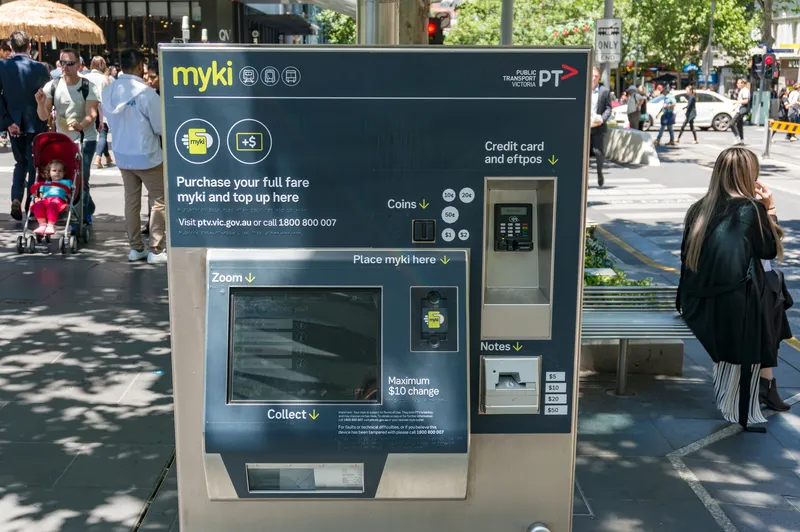HCS allows trains to safely run closer together, meaning they can run more often. The technology will enable trains every two to three minutes, creating a ‘turn-up-and-go’ train network for Melbourne.
The signalling will operate the 65 new high-capacity trains currently being built in Victoria, which will run on the Sunbury to Cranbourne-Pakenham line via the Metro Tunnel. Dedicated control centres will be built in Dandenong and Sunshine to support the new technology. The centres will be staffed by experts who will monitor trains on the new Metro Tunnel line.
Additionally, expressions of Interest will open this week to deliver the final major works package of Metro Tunnel, the Rail Infrastructure Alliance.
The US$790 million (AU$1 billion) contract will be to design and construct the eastern tunnel entrance in South Yarra, the western tunnel entrance in Kensington and associated works across the Sunbury to Cranbourne-Pakenham corridor, including upgrading track power and conventional signalling.
Victorian government to implement high capacity signalling on new rail line
The Victorian government, Australia has awarded CPB Contractors and Bombardier Transportation the contract to deliver the US$790 million (AU$1 billion) Rail Systems Alliance in Melbourne, which includes the roll-out of a 55 kilometre long high capacity signalling (HCS) and communications system. HCS allows trains to safely run closer together, meaning they can run more often. The technology will enable trains every two to three minutes, creating a ‘turn-up-and-go’ train network for Melbourne. The signalling
July 18, 2017
Read time: 2 mins
The Victorian government, Australia has awarded CPB Contractors and 513 Bombardier Transportation the contract to deliver the US$790 million (AU$1 billion) Rail Systems Alliance in Melbourne, which includes the roll-out of a 55 kilometre long high capacity signalling (HCS) and communications system.
Related Content












